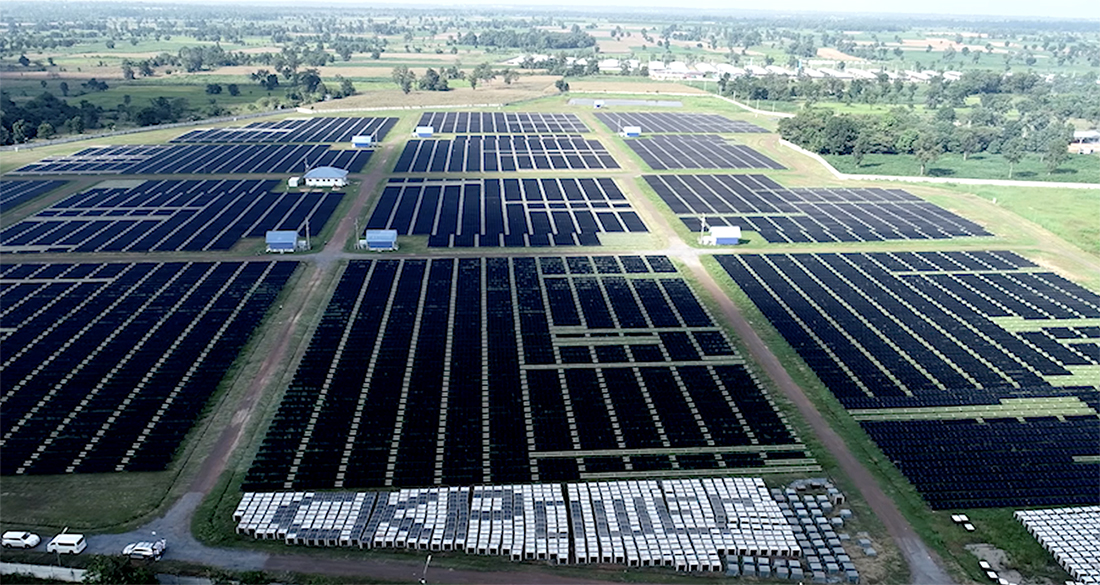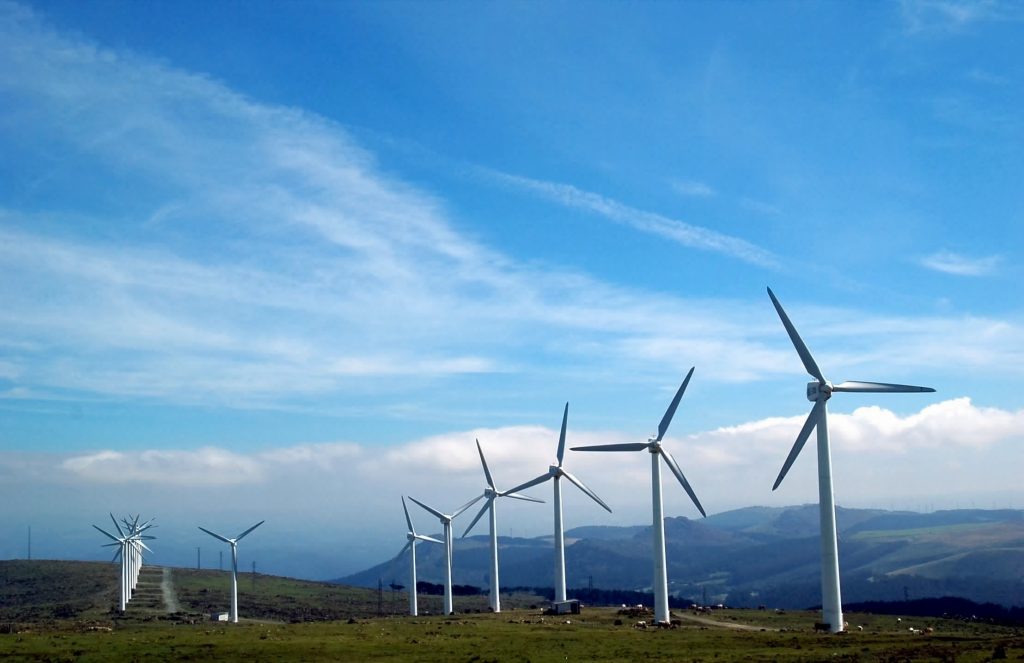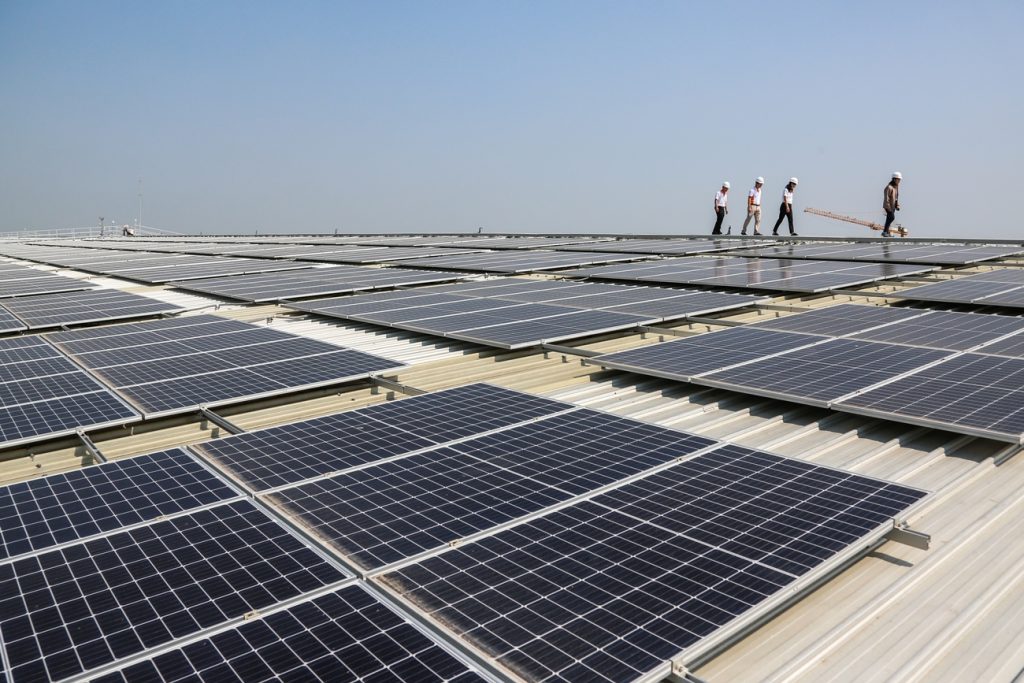- Aims to grow with global energy trend and plans to invest outside Thailand in three new renewables-based ventures
- Supports national policy to reduce carbon footprint in long-term fight against global warming
- Forecasts nearly all of the company’s electricity to be generated through renewables within only 5 years
There are massive new opportunities arising from the disruptive global shift to renewables-based electricity. Our position as one of the region’s largest renewables-based electricity producers enables us to leverage these emerging opportunities well, and, at the same time, contribute significantly to Thailand’s drive towards de-carbonization to tackle global warming,” said Mr. Thanawat Trivisvavet, Managing Director, CK Power PCL
CK Power Public Company Limited or CKP (SET: CKP), one of the region’s largest producers of renewables-based electricity, today (25 January), announced that it plans to more than double in size in the next three years, supported by the global shift to renewables-based electricity, and add around 2,800 megawatts of electricity-generating capacity.

Mr. Thanawat Trivisvavet, Managing Director, CK Power PCL, said, “We will increase our installed capacity to be 4,800 megawatts by 2024 through six new electricity generating facilities in Thailand and the region. All of our new installed capacity will be based on renewables, including solar power, hydro power and wind power.”
“As a part of our rapid growth plan, we aim to enter three new ventures in two countries outside of Thailand, and these, too, will be based on renewables,” he said.
According to Mr. Thanawat, within five years, CKP will increase its solar-based electricity generating capacity more than ten-fold to 330 megawatts, and, in the same period, add twice as much wind-based electricity generating capacity of 700 megawatts, resulting in 95% of the company’s total electricity generating capacity being based on renewables.
He said, “There are massive new opportunities arising from the disruptive global shift to renewables-based electricity. The recent COP 26 UN Climate Change Conference in Glasgow, United Kingdom, concluded with countries taking decisions to make a collective effort to limit global temperature rise to 1.5 degrees centigrade and to make the 2020s a milestone decade in the fight against global warming. This has important, positive implications for our long-term business strategies. Our extensive experience in renewables-based electricity generation positions us well to leverage these emerging opportunities. At the same time, by being an electricity producer with one of the lowest carbon footprints, we can also be a significant contributor to Thailand’s drive towards de-carbonization to tackle global warming.”

The demand for energy in ASEAN is expected to double in the next 20 years, and the share of renewables-based electricity generation is forecast at around 20% of total electricity generation.
Thailand has set a goal to double the share of imported electricity generated by renewable water sources from 9% to 18% in only ten years, as well as have 30% of all new cars be electric within 2030. By the end of the next decade, the transport sector is forecast to become the largest consumer of energy in ASEAN, even ahead of the industrial sector.
Among other trends that Mr. Thanawat cited as lifting the demand for renewables-based electricity is that governments and large companies around the world increasingly view the acceleration of the transition to renewable energy as a policy tool that can boost national competitiveness, in addition to reducing greenhouse gas emissions.

CKP reported third quarter 2021 revenues of Baht 2,509 million, up 17.7%, year-on-year, and nine months revenues ending 30th September 2021 of Baht 6,905 million, up 20.6%, year-on-year. Net profit for the nine months ending 30th September 2021 rose to Baht 2,057 million, up from Baht 397 million for the nine months ending 30th September of the previous year.
Mr. Thanawat added that CKP is financially well positioned for the future with a low Net Interest-bearing Debt-to-Equity ratio of only 0.67, and that it has a strong balance sheet with steady cashflows from long-term power purchase agreements with the Electricity Generating Authority of Thailand (EGAT).
CK Power PCL (CKP) is listed on the Stock Exchange of Thailand (SET) and is included in the SET 100 Index, the SET Thailand Sustainability Investment (THSI) Index, and the SETCLMV Exposure Index, and carries an A/Stable TRIS rating.






